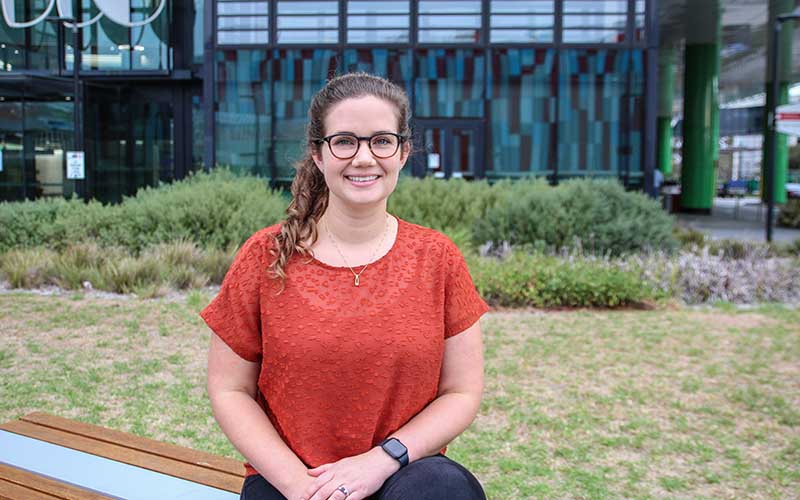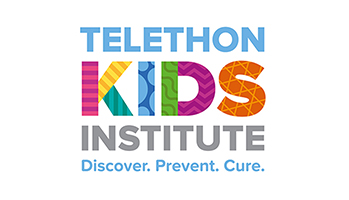Search

News & Events
Aboriginal-led survey to better understand the mental health of young Aboriginal LGBTQA+ peopleA project, lead by Aboriginal and Aboriginal LGBTQA+ researchers examining the mental health of young Aboriginal and Torres Strait Islander LGBTQA+ people, is launching a nation-wide survey, to help drive meaningful change for the community.

News & Events
Return to school measures build confidenceWA parents and carers can have confidence in sending their children back to school on January 31 with the measures outlined in today’s Safe Return to School Plan.

News & Events
Breaking new ground in Aboriginal genomicsInternationally-acclaimed Aboriginal researcher and clinician Professor Alex Brown will establish and lead a National Indigenous Genomics Consortium

News & Events
The Kids Research Institute Australia to lead international research team in tackling acute rheumatic feverAn international research team led by The Kids Research Institute Australia has been awarded a $5 million Synergy Grant by the NHMRC.

News & Events
Fellowship paves way for world-first LGBTQA+ suicide prevention initiativeDr Penelope Strauss will use a prestigious Post-Doctoral Fellowship from Suicide Prevention Australia to develop and trial a world-first intervention.

News & Events
Early signs of mental health problems in young children under the spotlightDr Amy Finlay-Jones has been awarded the prestigious Healthway Fellowship for 2021.

News & Events
Mineral Resources and The Kids Research Institute Australia join forces to enhance the social and emotional wellbeing of Western Australia’s young Aboriginal PeopleMineral Resources Limited has proudly committed its support as Principal Partner of the ground-breaking research project Yawardani Jan-ga

News & Events
A virus all pregnant women should know aboutMost mums-to-be have never heard of CMV and the impact it can have on their unborn baby.

News & Events
Detention is no place for any childThe Kids Research Institute Australia is supporting calls for the urgent release of Biloela family from held detention.

News & Events
Keeping your kids moving during WA’s hard lockdownWestern Australia’s sudden hard lockdown came without warning and unlike when COVID-19 first kept us at home last year, there are now rules on how long we can spend exercising outside.
